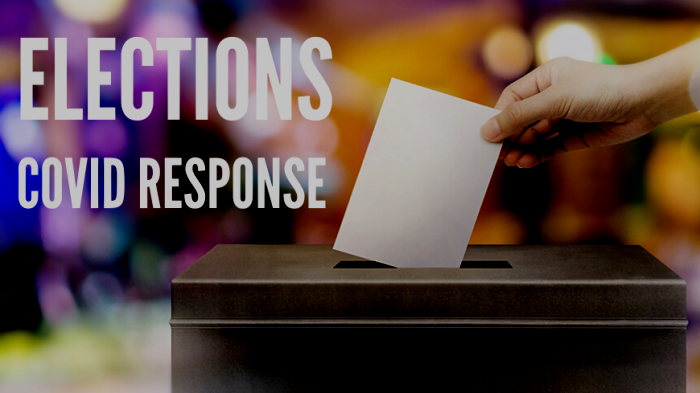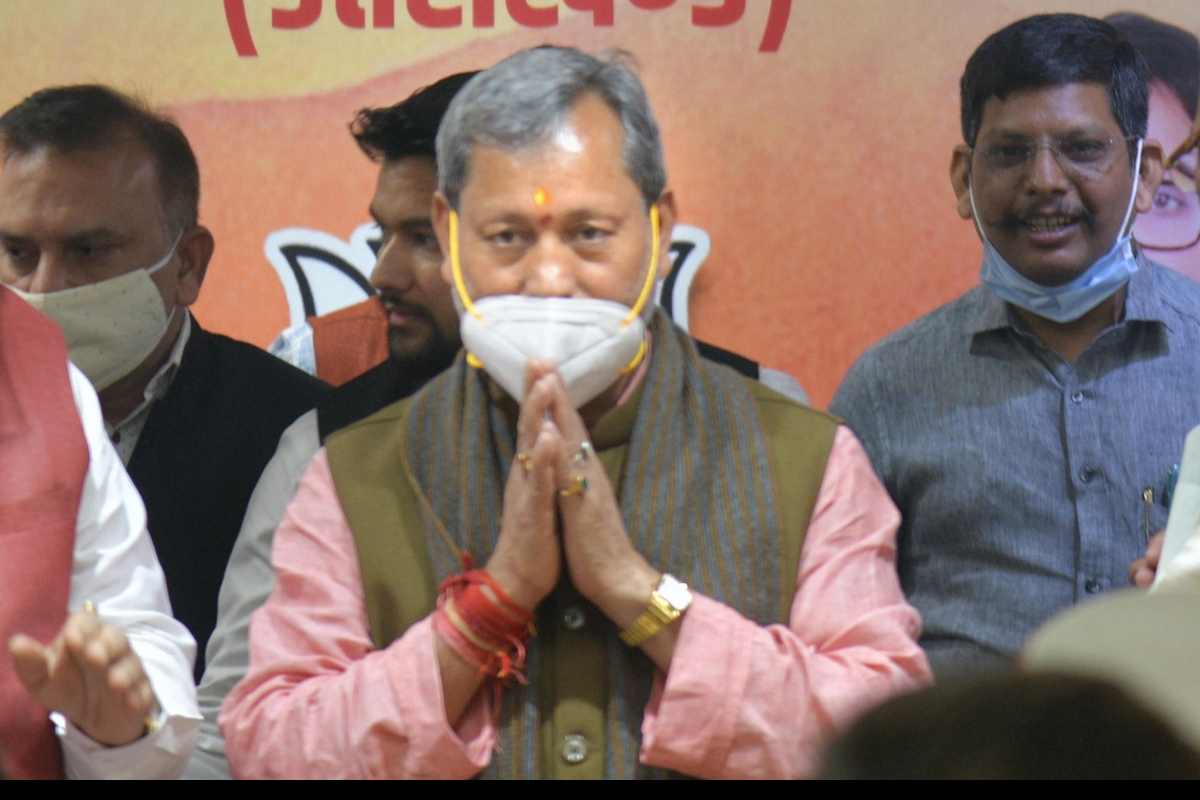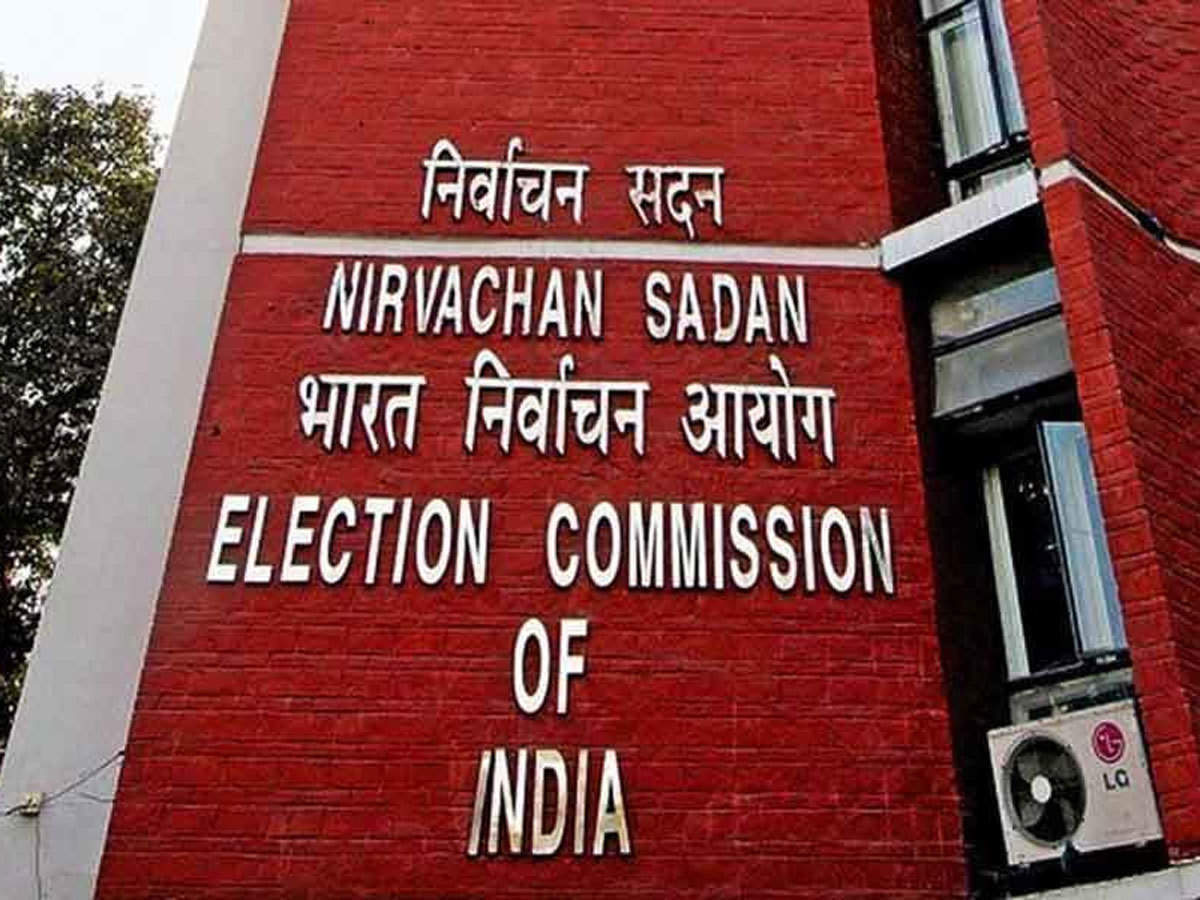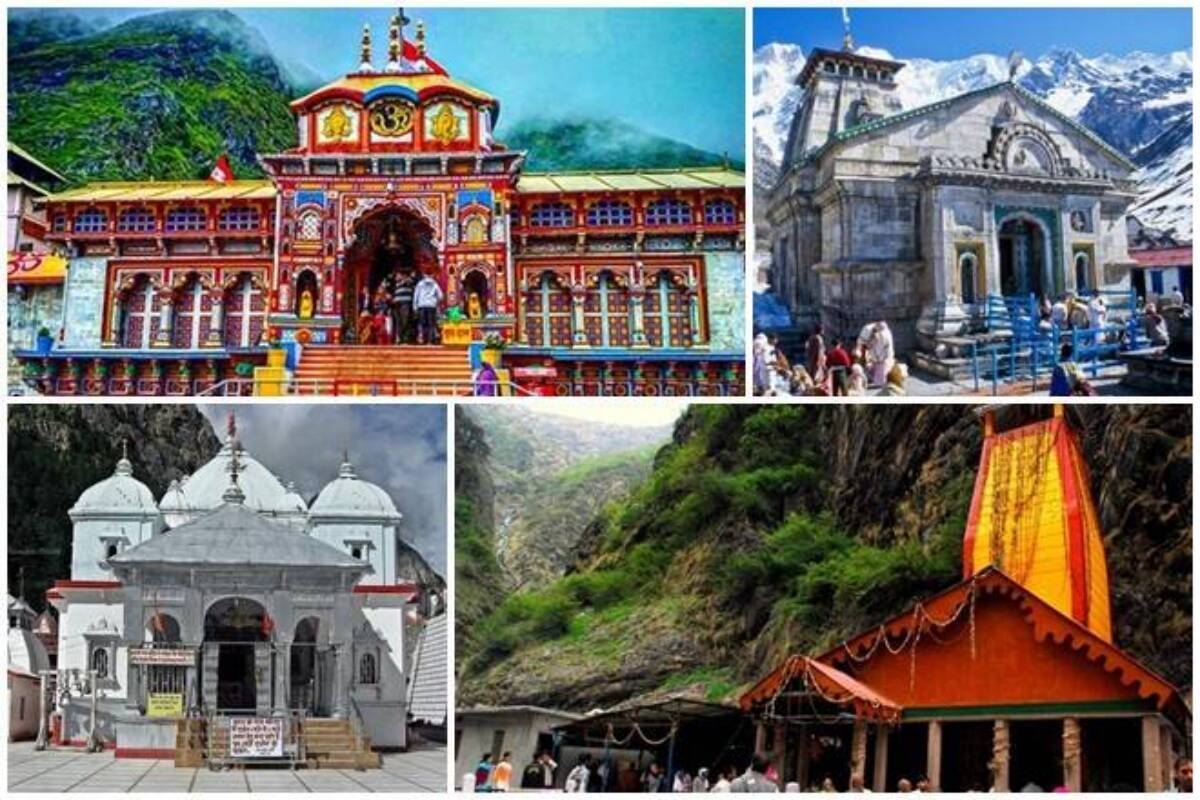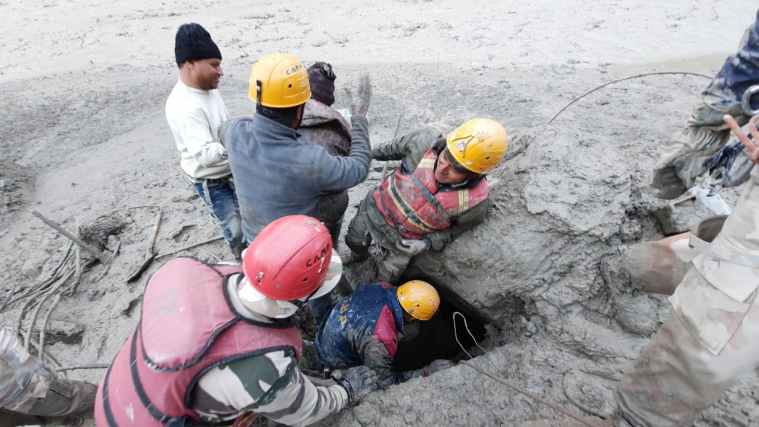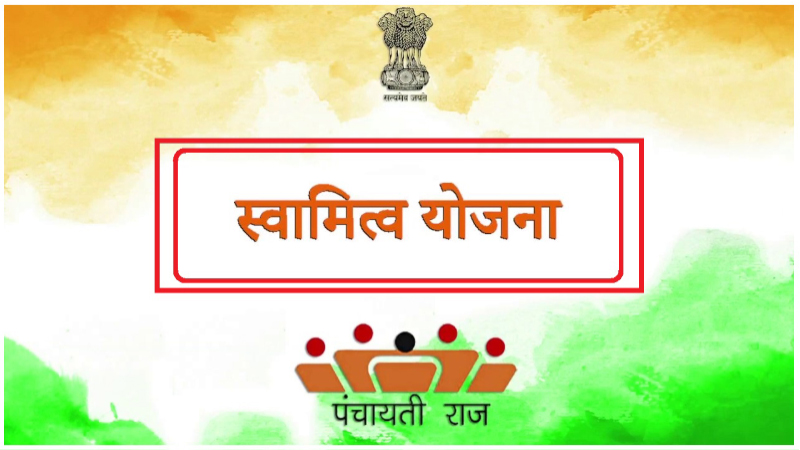Chief Ministers of West Bengal and Uttarakhand face deadlines to get elected to their state legislatures. In this regard, the election commission of India is yet undecided about when to conduct the by-elections for the two CMs. By elections are among the not so highlighted yet important elections in India.
After conducting five assembly polls, which coincided with the second wave ofE Covid19, the election commission has indefinitely deferred the by-elections. It is worthwhile to note that the Madras high court had held the election commission responsible for the explosion of cases in the second wave and that the poll body officials should face murder charges.
It may be because of the flak which it received from the Madras high court that the poll body has not yet decided on the by-election. It has not even scheduled any meeting this week to discuss the issue.
Also Read: What led to BJP’s defeat-Important highlights at the conclusion of the West Bengal election
Meanwhile, the Supreme Court of India had last week refused to accept Covid19 as an excuse to defer the elections. The Apex court has directed the Tamil Nadu state election commission to conduct the civic body polls by September 15, “before the third wave of Covid19 arrives”.
Justice Hemant Gupta shared the vacation bench with Justice Aniruddha Bose to hear urgent matters. Justice Gupta observed, “Covid has become a good excuse in all matters. We know the reality in these matters; unless and until political parties are ready, elections are not held.”
A senior official in the E stated, “At the moment, the commission has not taken a decision but it is definitely assessing the situation. The Supreme Court direction was for a state election commission and has no bearing on us. No meeting has been scheduled on this matter.”
At the local levels, the state election commissions conduct municipal and panchayat polls and are independent of the election commission of India. In Indian election and parliamentary system any unelected ministers are required to get themselves elected within six months of taking the oath.
After TMC’s election victory, Mamata Banerjee would be contesting the necessary by-election from her home turf of Bhowanipore, which a state cabinet colleague has vacated for her. It was because in Nandigram Assembly Constituency seat, where Banerjee stood for election, Suvendu Adhikari had won by a thin margin.
In the follow-up of the election result, Mamata has also petitioned Calcutta High Court challenging the Nandigram result. If the High Court orders a recount and she wins, she will not need to contest a by-election. She had recently taken a dig at the Election Commission from a position similar to the apex court’s in the matter of the Tamil Nadu civic polls.
She said, “I came to know that when Prime Minister (Narendra Modi) will give the instruction, then only they (the commission) will hold the by-election. If it is so, then I will request the Prime Minister, clear the by-election. Because now, the situation is okay. But if the third wave (of the pandemic) comes, then you cannot do anything.”
Also Read: Sitakulchi firing-Facts on the ground do not add up with the claims by the central forces
In April, the ECI ironically had rejected Mamata’s demand to club the last three of the eight phases of the Bengal polls and minimise the pandemic damage when the second wave was escalating.
The poll body, whose autonomy is protected by the Constitution, has not responded to Mamata’s jibe on the Prime Minister’s prospective “instruction”. It has also been reported by a Kolkata-based daily that the current chief election commissioner has not responded on the query over criteria of conducting an election during a pandemic.
Maharashtra’s state election commission last week rejected a request from the state government to defer local body polls in five districts, scheduled on July 19, on the ground of the pandemic.
Meanwhile, Bengal BJP is eroding its hold over party-men and leaders. Yet, it has opposed by-elections being held during the pandemic and demanded that Mamata resign. And it must be remembered that it was the same party which was carrying out rallies during the second wave, bringing in people from outside Bengal into the state increasing the chances of spread.
In West Bengal, seven Assembly seats are vacant. Due to the deaths of candidates, elections were not held in two seats. Two Trinamool congress winners died after the polls. Two BJP winners quit their Assembly seats to remain MPs and minister Sovandeb Chattopadhyay resigned from the Bhowanipore seat on May 21.
Therefore, Chattopadhyay too needs to be elected by November 21. And Finance minister Amit Mitra, sworn in on May 10 after opting out of the polls, faces a November 10 deadline.
Also Read: TMC vs BJP-Giving too much attention on criticizing a non-existential opponent can cause problem
In Uttarakhand, former state BJP president Rawat was appointed chief minister on March 10. The appointment came after an intra-party struggle against his predecessor Trivendra Singh Rawat. Following this, the Congress has written to the Election Commission to clear the air on by-elections.
The poll body had cited “lockdown/restrictions under Disaster Management Act, 2005, as issued by NDMA/SDMA”, the national and state disaster management authorities, while deferring the by-elections in Bengal in May.
Both West Bengal and Uttarakhand have unlocked many public services and commercial activities over the past month, with a few restrictions still remaining. Last year, Maharashtra chief minister Uddhav Thackeray had sought election to the legislative council after being sworn in. The polls there were postponed because of the pandemic. After that, Uddhav had requested governor B.S. Koshiyari to appoint him to a vacant “nominated” seat, only to be refused.
Uddhav then wrote to centre, after which Koshiyari asked the poll body to notify the election to the vacant legislative council seats.
In this context, the election commission had said in its press note, “In cases of former Prime Ministers Sh. P.V. Narasimha Rao in 1991 and Sh. H.D. Deve Gowda in 1996; and several chief ministers of states (like Sh. Ashok Gehlot, chief minister Rajasthan in 1991; Smt. Rabri Devi, chief minister of Bihar in 1997, Sh. Vijay Bhaskar Reddy, chief minister of Andhra Pradesh in 1993, chief minister of Uttar Pradesh & 4 ministers in 2017, and chief minister of Nagaland in 2017), commission conducted by-elections to fulfil similar constitutional requirement. Commission noted that this has been the consistent practice in the past.”
Also Read: Officials of Election Commission should be booked for murder, said Chief Justice of Madras High Court while castigating ECI
An important question arises in this regard. What will the election commission do? Its credibility has taken a toll after the second wave, when eight phased polls were organized in West Bengal, despite the pandemic. Many alleged that the poll body was doing the bidding of the saffron party. On top of that, the Madras High Court had heavily castigated and reprimanded the election commission for the second wave, commenting that its officers should be booked under murder charges. Now, the poll body has to carry out by-elections of two Chief Ministers; one belonging to BJP and other from TM C. Will it follow a ‘silent under the table nudge’ of BJP, as has been suggested by Mamata Banerjee, or will it carry out its duty remembering the flak from Madras High Court? That remains to be seen.



